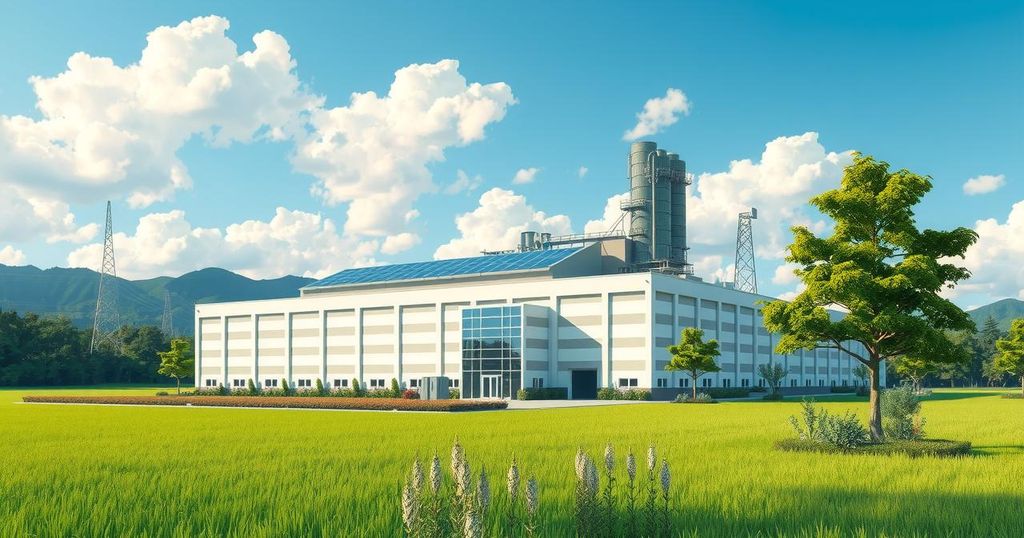Apple Considers Expansion in Brazil to Mitigate Asia Tariff Impact

Apple Inc. is considering expanding its production at the Foxconn factory in Jundiai, Brazil, to counter rising production costs from new U.S. tariffs affecting suppliers in China and India. Currently, over half of Apple’s smartphone shipments come from China, which faces significant tariffs. The Jundiai facility remains a key partner for Apple and benefits from lower export duties to the U.S.
Apple Inc. is reportedly contemplating the expansion of its operations at the Foxconn factory located in Jundiai, São Paulo. This strategic decision is seen as an effort to mitigate the increasing production costs associated with tariffs imposed on its suppliers in Asia. The consideration for expansion arises in light of new tariffs introduced by U.S. President Donald Trump that significantly affect major Apple suppliers based in China and India.
At present, more than fifty percent of Apple’s smartphone shipments are sourced from China. The ongoing tariff situation has escalated, with China imposing a response tariff of 34% effective April 2. Additionally, India is set to impose a 26% levy, complicating Apple’s production landscape, especially as India projects to double its device production between 2024 and 2025.
The Foxconn facility in Jundiai has been a longstanding partner of Apple, currently handling the assembly of base models from the iPhone 13 to the iPhone 15 and recently receiving approval to manufacture the next-generation iPhone 16. The Brazilian context is favorable for Apple, as export duties to the United States from Brazil are relatively modest at 10%, making it an attractive option for shifting production away from Asia.
In summary, Apple Inc. is exploring the possibility of expanding its Jundiai facility to mitigate the impact of tariffs from both the United States and Asia. With a significant proportion of its smartphone production in China facing increased levies, Brazil presents itself as a viable alternative for Apple’s manufacturing needs. The strategic move aligns with the company’s efforts to maintain cost-effective production while navigating complex international trade dynamics.
Original Source: breakingthenews.net




